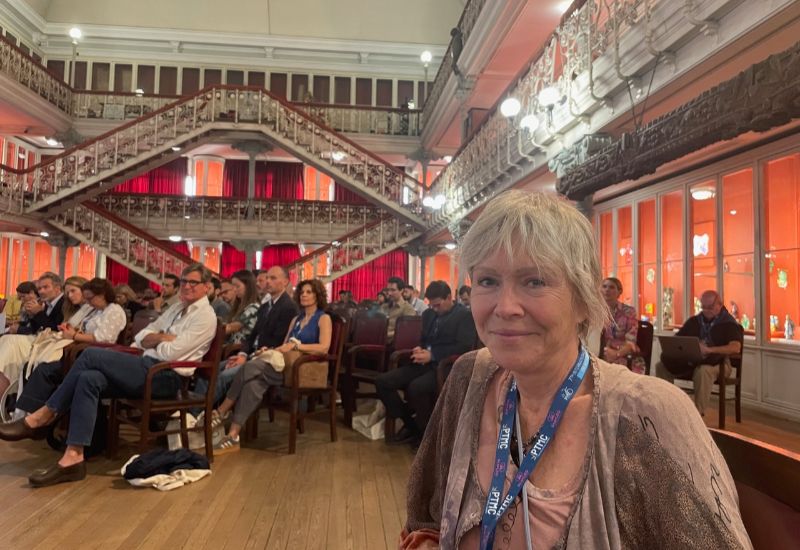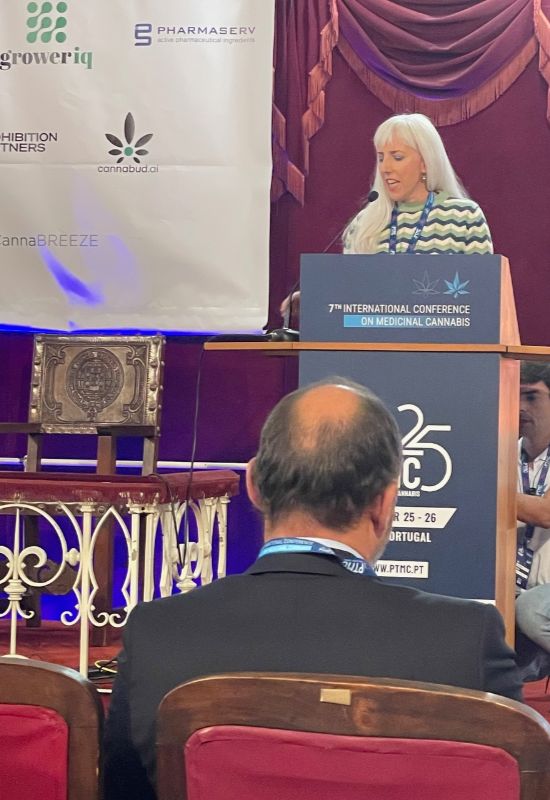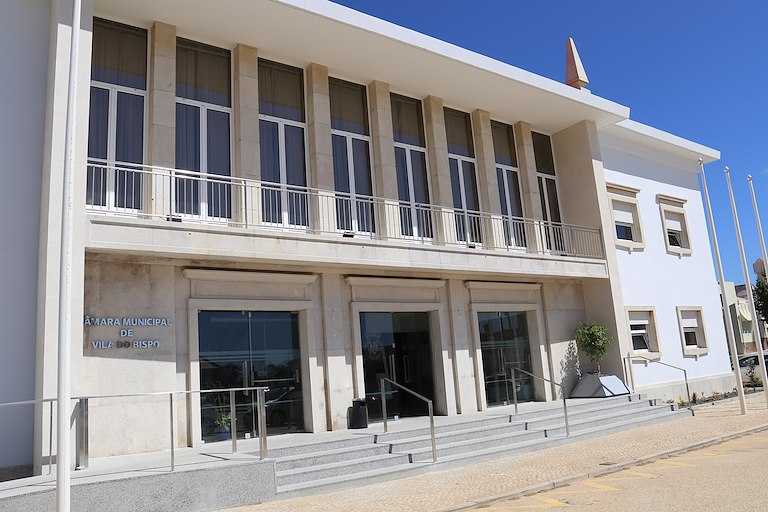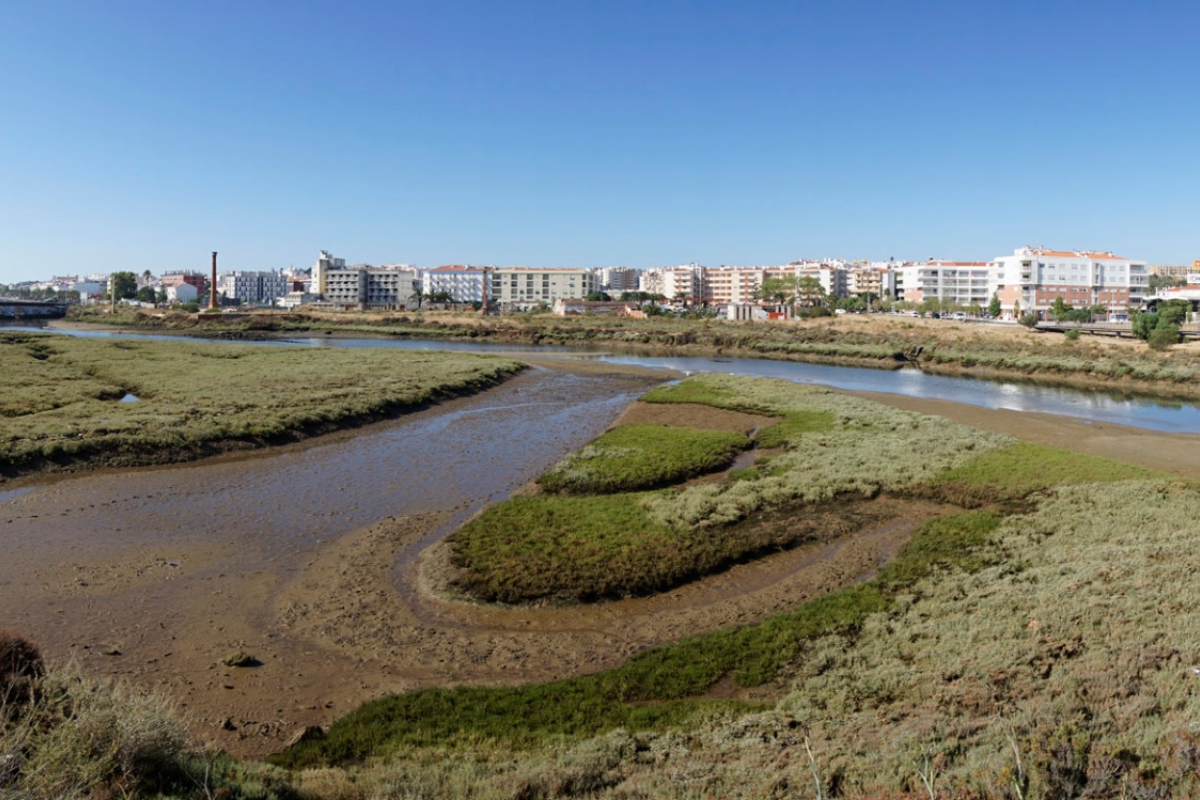Portugal grows thousands of pounds of cannabis – but most of it goes elsewhere.
You could say it’s a well-kept secret … Portugal is quietly dominating the export of medical cannabis globally.
I learned this last month when I attended the Portugal Medical Cannabis Conference (PTMC) in Lisbon, where industry sources report that the country has more active cannabis cultivation licences than any other EU country and ships out over 44,000 pounds a year (and counting).
Nearly all of it heads abroad, to markets like Germany, the UK, Poland, Israel and Australia, countries where medical cannabis is regulated, available and in demand.
Yet remarkably little of that cannabis ever reaches Portuguese patients. This is one of the odd contradictions of the country’s cannabis system: the plant is allowed to be cultivated legally, at scale, across the country but remains largely inaccessible to the people who live here.

The big WHY is subject to speculation
At the conference, the phrase “heavily stigmatised” was regularly used when talking about the Portuguese perspective on cannabis. And, experts say, the stigma is usually tied to two well-known sticking points: one is a bottleneck in the Portuguese medical system.
Doctors are legally allowed to prescribe cannabis for certain conditions, like multiple sclerosis, chronic pain and severe epilepsy, but many are hesitant to do so. They aren’t adequately trained, the murky rules make them hesitant to put their names on a prescription, and the list of approved products is extremely limited, as many working in the field acknowledge. The result is a domestic system that exists on paper but barely functions in practice.
Another factor, echoed in hallway conversations and informal exchanges during the conference, is cultural. Despite the country’s progressive reputation, deep-rooted scepticism still surrounds cannabis. It’s said that many older folks still seem uneasy, not necessarily out of fear, but more likely due to a lack of exposure. Cannabis hasn’t been part of public discourse, mainstream healthcare, or daily life in Portugal. It was never legalised, never sold openly, never explained in simple terms. And unlike other countries that have legalised medical cannabis, it was never brought into public view through storefronts, advertising or education – so people never had the chance to see it as something normal.
Even now, with medical cannabis technically allowed, it still lives in the shadows. And so many people just buy on the underground market. It’s not ideal, but it works … kind of (given decriminalisation that I discuss below).
The conference made one thing clear: Portugal’s medical cannabis system wasn’t built with patients in mind. Licensed producers are growing at scale, legally and successfully, but the system they operate in is geared toward export – not domestic care.
Whether the government has the will or a plan to shift that focus toward Portuguese patients remains unclear. And adult-use legalisation? Not even part of the conversation.


A global producer with a local gap
Back in 2001, Portugal made international headlines for decriminalising all drugs, cannabis included, and was widely praised for its forward-thinking, public health-based approach. But over two decades later, the practical reality of accessing cannabis, in particular, remains limited and complex.
Yes, under decriminalisation, personal possession of up to a “ten-day supply” (about 25 grams of herb or 5 grams of hashish) is treated as an administrative offence, not a criminal one. This means those caught with small amounts aren’t arrested, but neither are they given a reliable legal avenue to acquire the product.
Cannabis remains tightly regulated and beyond medical channels: it is not legal to sell, grow or buy. There are CBD shops, but nothing comparable to regulated dispensaries or pharmacies offering cannabis-based medicine.
Why isn’t it accessible?
Portugal’s role in global cannabis production is impressive. But the lack of domestic access highlights a quiet contradiction: a country that grows high-quality cannabis for export, yet struggles to make it available at home – largely due to regulatory inertia.
For now, that contradiction remains unresolved. Portugal knows how to cultivate cannabis at scale. Whether its policymakers choose to extend that progress to their own population, and how soon, remains an open question.
Becca Williams has settled into small town living in Lagos.
AlgarveBecca@gmail.com












